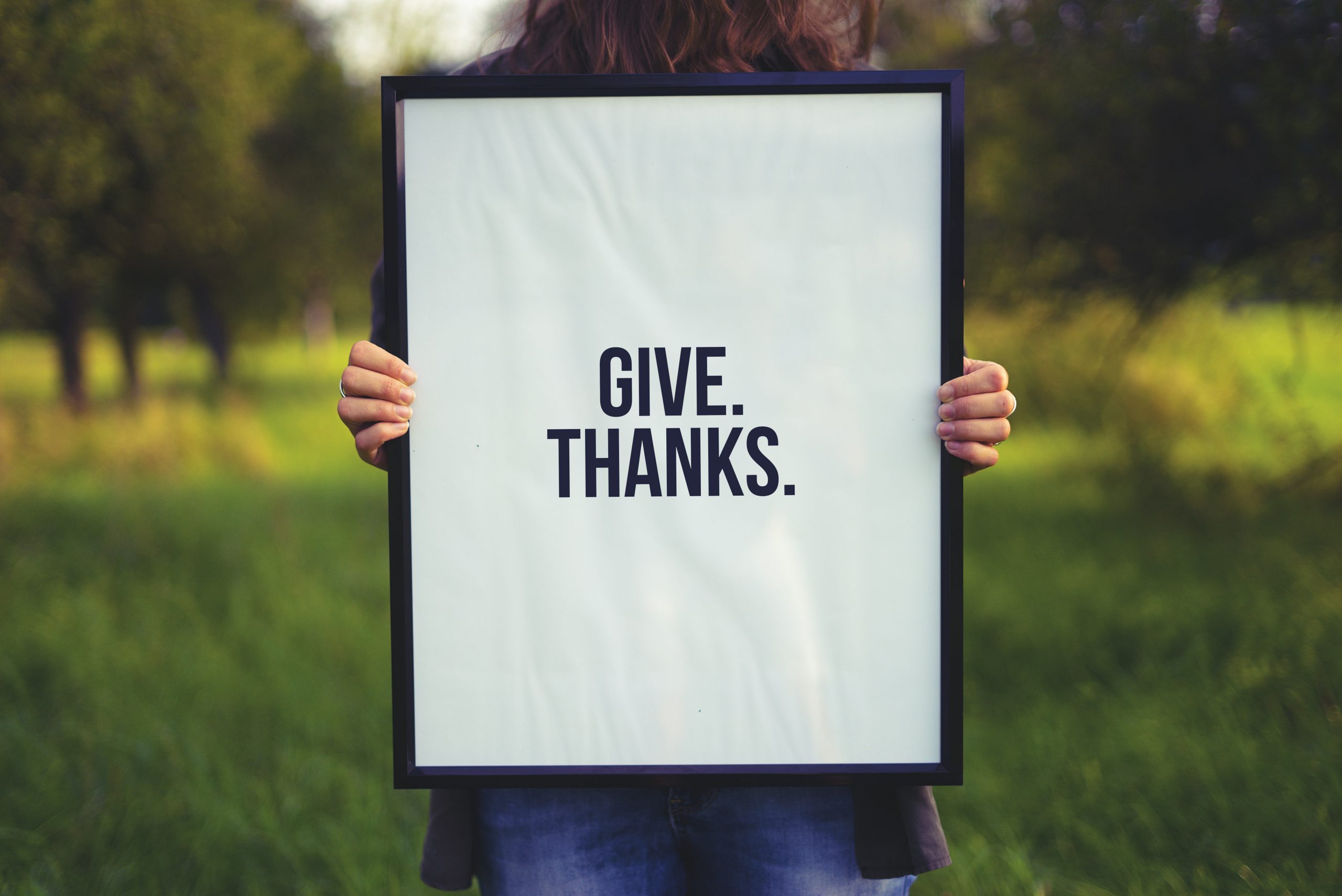Gratitude Guilt
by Amanda Smith
I’ve been struggling with the concept of “gratitude” lately, and I think it has a lot to do with how this whole year has panned out. 2020 has glaringly reminded us that we have things for which to be thankful. However, it feels a bit uneasy publicly professing gratitude for things that seem slightly trivial in the context of this past year.
When November rolls around, cue the cute posts about gratitude. It’s usually on a spectrum, ranging from, “I’m thankful to be alive today” to “I’m thankful for the sweet potato casserole.” Honestly, I find sweet potato casserole to be slightly overrated, but that’s beside the point. This past year has reminded, or rather, alerted us to some serious issues that exist in the world. From the deadly explosion of the worldwide coronavirus pandemic to the dark reminders of the realities of social injustice ever-present in our culture, it feels plain disrespectful to be touting praise for mashed potatoes.
Furthermore, how do we even go about expressing gratitude in this culture? “I’m thankful for the progress in developing a vaccine?” Sure, of course, but what about the hundreds of thousands of deaths that have already occurred? “I’m thankful for the positive progress that has come out of the Black Lives Matter movement?” Most definitely, but what about the horrendous systemic racial injustices that have occurred and continue to happen? It’s just hard to be thankful this year.
The truth is, it’s hard to be thankful at any time if you think about it and break it down. We can think ourselves out being grateful for pretty much anything. It’s a slippery emotional slope. While there is a lot of power in acknowledging that there are always many more significant concerns out there, I think it’s still essential that we don’t deprive ourselves of the feeling of gratitude.
In my counseling practice, we often focus on the idea that we can experience multiple emotions simultaneously. We can feel scared and excited, anxious and hopeful, sad and relieved, angry and empowered, weak and strong, defeated yet somehow still optimistic. Neither feeling serves to outweigh or overshadow the other. I can feel overwhelming grief, sadness, anger, and frustration for the lives lost in tremendous tragedy this past year while still being thankful that, at some point, someone decided to mash up a potato with a stick of butter.
Gratitude is a fundamental emotion; it’s essential to our emotional health and wellbeing. We all deserve to feel grateful for the good things in our lives, both large and small, big and wide. Being “thankful” has nothing to do with not being thankful. So, if you’re anything like me and feeling an overwhelming sense of gratitude guilt in this holiday season, give yourself some grace. While shame and gratitude don’t necessarily match up, it’s okay to feel them simultaneously too.
